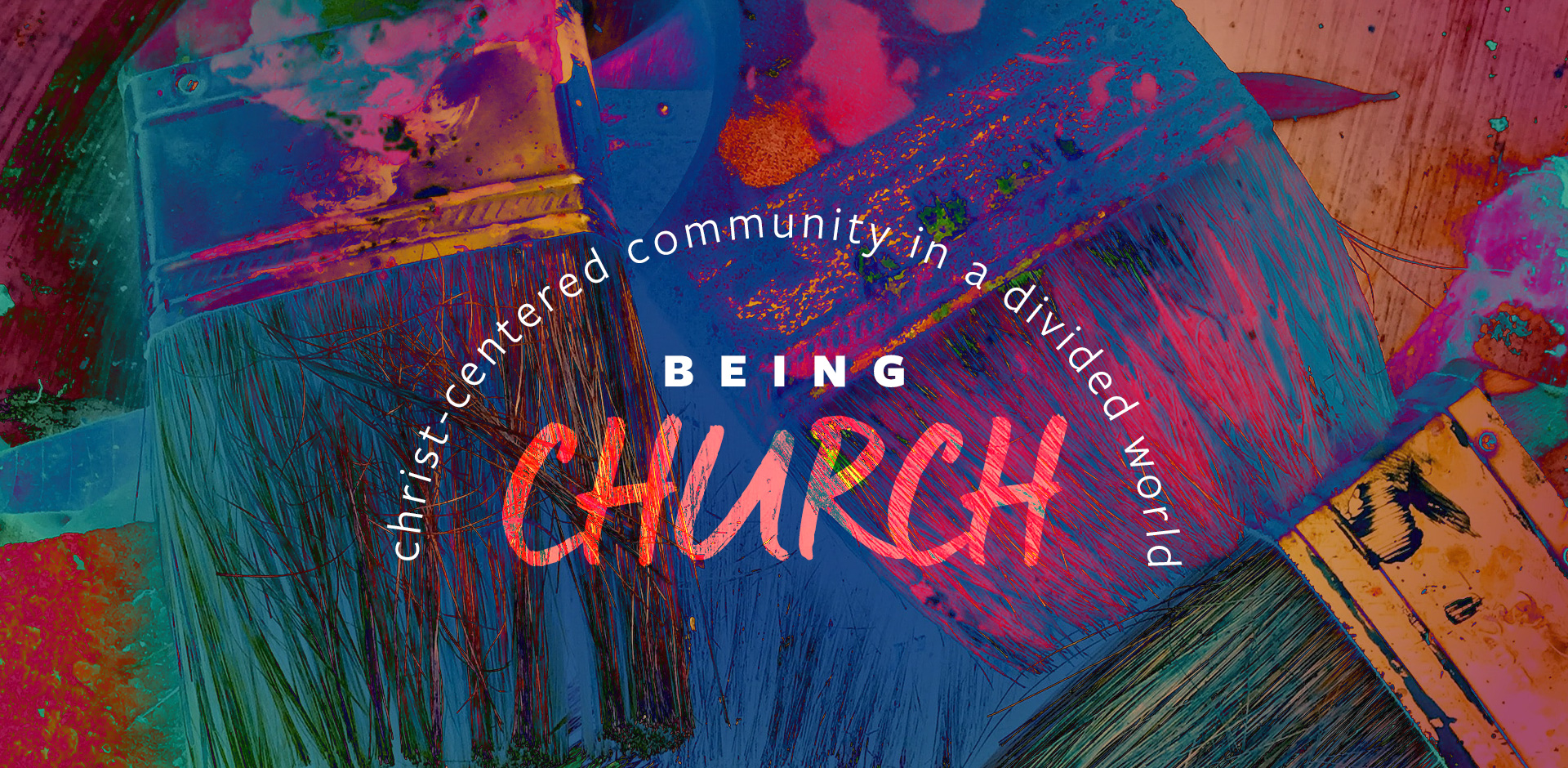
Resources for Being Church
For your convenience, this material is also available in a printer-friendly version.
How can we be a Christian community in a time of growing divisions within both society and the church at large? How do faith in Christ, the surprising activity of the Holy Spirit, and the power of covenant bonds invite us into boundary-breaking forms of relationship with God and one another? The Being Church course explores questions like these and whether our shared identity in Christ might offer us a way to see our differences not as threats but rather as opportunities for growth. It uses our denomination’s (Evangelical Covenant Church) Six Covenant Affirmations – 1) the centrality of the word of God, 2) the necessity of the new birth, 3) a commitment to the whole mission of the Church, 4) the Church as a fellowship of believers, 5) a conscious dependence on the Holy Spirit, and 6) the reality of freedom in Christ – to assist us in these explorations. This course helps us to imagine new ways of being joined together in Christ through the transformative power of the gospel.